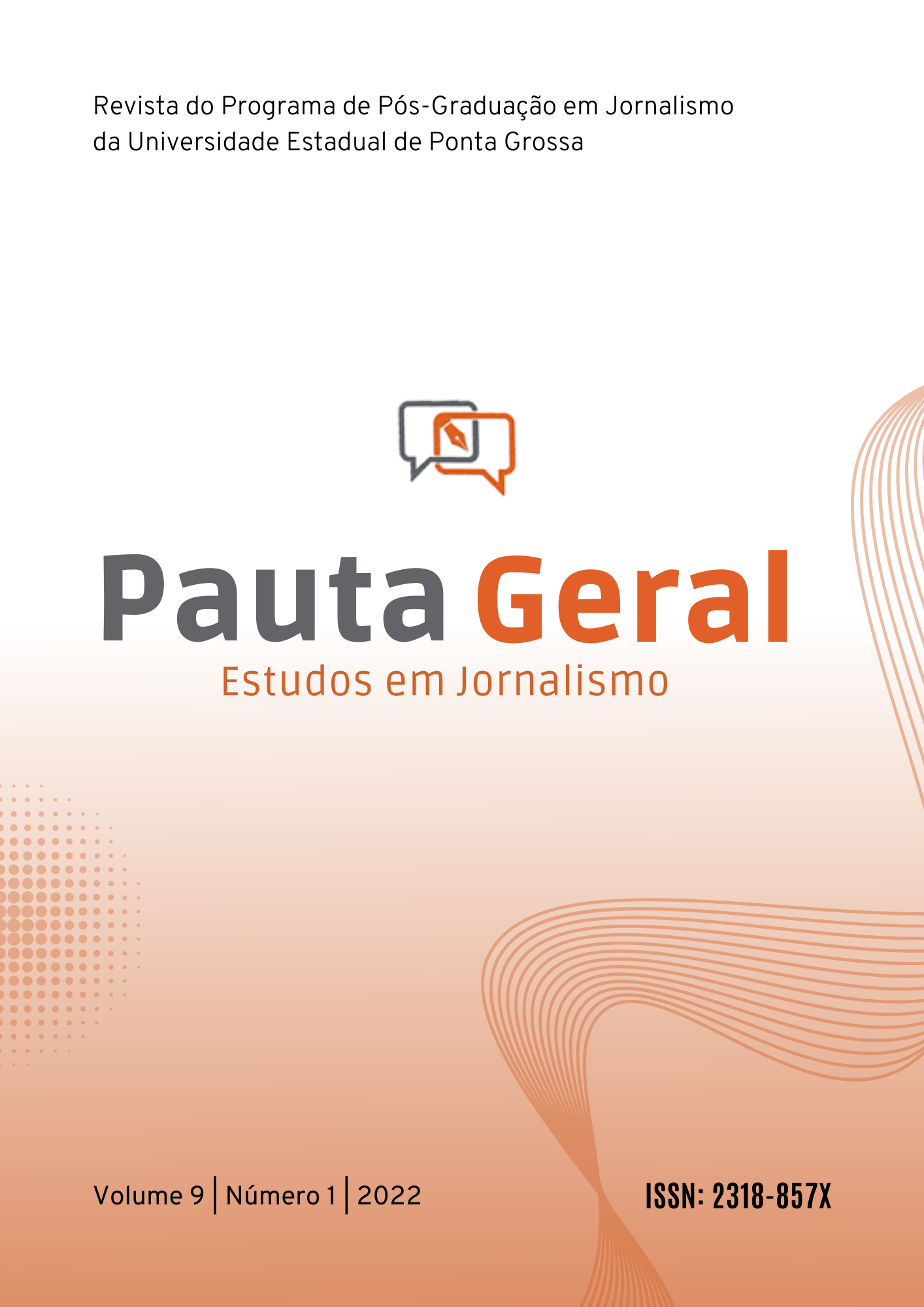Ethos de resistência jornalística na imprensa alternativa durante a ditadura militar brasileira
Estudo dos depoimentos em Resistir é Preciso
DOI:
https://doi.org/10.5212/RevistaPautaGeral.v.9.19957Abstract
The article intends to understand how journalists who opposed the Brazilian military dictatorship (1964-1985) through the alternative press maintained relationships with the journalistic field and with the mechanisms of repression of the authoritarian period in question. It is assumed that these agents shared an ethos of journalistic resistance in opposition to the field's dominant positions. The analytical corpus consists of six testimonies provided to the project Resistir é Preciso, an initiative of the Vladimir Herzog Institute. From a theoretical point of view, the study uses the categories of ethos, field and capital from Pierre Bourdieu's sociological proposal. From the memorialistic testimonies, we tried to identify categories of analysis. It is inferred that the ethos of these agents can be analyzed from the perspective of four categories: 1) Feeling of inadequacy with the conventional press; 2) Contesting provision; 3) Opposition to the traditional organizational structure of journalism; and 4) Communication strategies of confrontation and deception.





